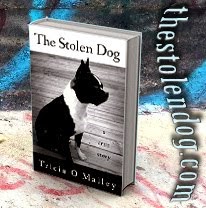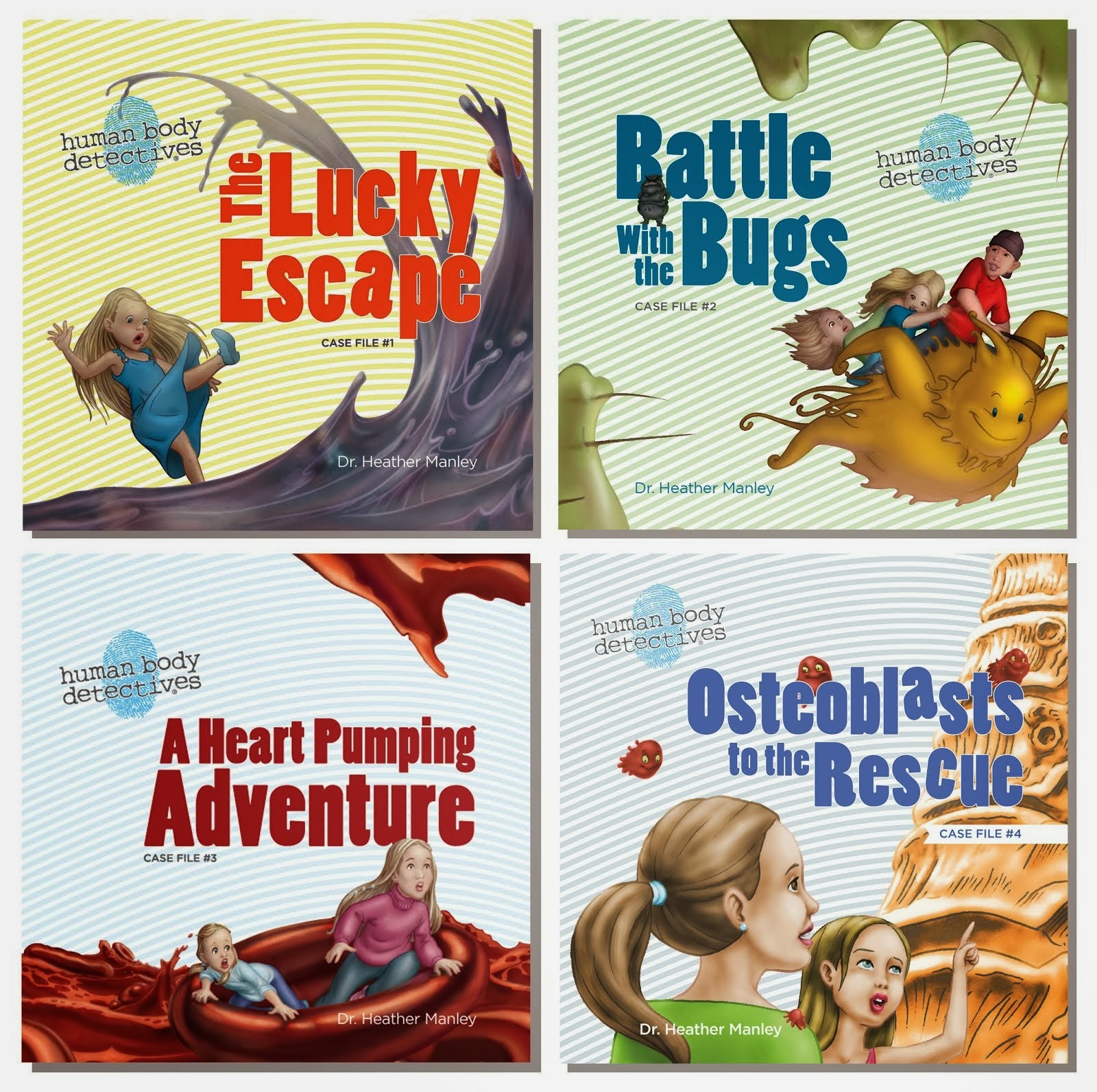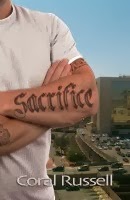If you could do any job in the world what would you do?
Be a full time writer.
Are you a city slicker or a country lover?
I
grew up on a family farm and my IT consulting has me traveling to
cities large and small. While there were aspects of city living I
enjoyed during my younger years, I find the rural life provides benefits
to writing city life simply cannot. Out in the country you can leave
your keyboard then do physical labor things which keeps your person
occupied in a way that allows your mind to continue working on your
story. They may be physical tasks but they don’t require a significant
amount of brain power to complete.
When
you are in a city and leave your keyboard you go outside and find any
number and type of distraction. That is just what they are,
distractions. You meet people or see others doing things and your mind
veers off in different directions. A snippet of overheard conversation,
someone who looks like their dog, etc. These things pull you farther
away from the work you left. Perhaps it is because the work should not
be done in the first place, but if the work is important to you then
distractions like these can be fatal. They can become a good base for a
different story but they don’t tend to help you complete your current
work.
Another
“benefit” of living rural is the fact Internet service is horrible.
Even the “best” satellite packages are both limited and slow compared
with what is available in metropolitan areas. While email and a Web
browser can be great tools for a writer, more often than not they tend
to be the single greatest reason writing doesn’t get done.
What’s your next project?
I
have a work out for editing now titled “Lesedi.” I wrote it during the
2013 NaNoWriMo project and put it aside to simmer. Recently I went
back to it and began polishing. It is the middle book for what has
become the “Earth That Was” trilogy. The first book was “Infinite
Exposure” and the final book is “John Smith”. I hadn’t set out to
connect those works in a trilogy but Lesedi simply refused to leave me
alone. He wanted his story told.
At
some point I will complete another work in my geek book series titled
“The Phallus of Agile and Other Ruminations.” I have snippets of it
done now and many other topics for it working their way through that
dangerous place known as my mind.
How do you feel about self-publishing?
I
wouldn’t have it any other way. My first geek books were done through a
publisher. I quite writing for a good number of years after that. The
one benefit of having gone that route is I learned what it really takes
to be self-published. Someone hurling an unedited, or worse,
self-edited pile of gibberish into the Amazon Kindle marketing is not
self-publishing though they will all claim it is. There are a great
many steps one must go through to honestly self-publish. Quotes for
print runs, contracting with professional editors and cover artists.
EPUB conversion services, and if the work is fiction, audio book
creation. Let us not forget purchasing ISBNs and registering with the
Library of Congress and copyright office. Many don’t bother with any of
those steps and the last three are absolutely critical.
Do you know your neighbors?
Back on the family farm I know my neighbors. I grew up with most of them.
Last book you purchased? Tell us about it.
“A
Dance With Dragons” or something like that. Part of the “Song of Ice
and Fire” series. I used to love that series, but I didn’t finish that
book and have no intention of reading it further. This is what happens
when an author gets distracted by more lucrative ventures like a
television series. I couldn’t help but feel the writing was being
padded to fill out a season.
How has your upbringing influenced your writing?
I
suppose it has influenced my writing in ways I do not know. The major
influence was in teaching me the value of physical labor with respect
to writing. Mental labor like that done in an office setting drains the
writing desire or at least it does once you get older and you simply
want to unwind at the end of the stress. Physical labor like walking
beans, mowing pastures, painting out buildings, etc. doesn’t require an
immense amount of mental capacity. This leaves your mind free to mull
over your current writing project so when you return to the keyboard you
have already explored that portion of the story and are ready to write
it down.
Do you recall how your interest in writing originated?
Originally
I was never going to write fiction or general interest type books. I
was only going to write geek books because I am an IT consultant. This
was a logical extension of my “day job.” It kept my skills sharp and
provided a bit of help obtaining contracts. For a good number of years
this satisfied my need to write. Eventually, if you are going to become
a writer, you will find out when that first story forces you to tell
it.
How long have you been writing?
Over two decades I think, but I took quite a few years off after my first two books.
When did you first know you could be a writer?
It
didn’t happen until one reviewer compared “John Smith” to “1984” and “A
Brave New World”. Then another reviewer compared it to some of Plato’s
writing. Up until that point I hadn’t really considered myself a
writer. I was just someone who wrote books on the side. Now I believe I
just might be one.
What inspired you to write your first book?
A
lack of usable documentation. Software companies, particularly those
who develop large scale libraries for computer programmers, are very
good at producing large volumes of detailed documentation and a pile of
hokey little examples. What I mean by that is the documentation tends
to be expert friendly reference material. They provide a lot of “call
this function with these parameters and it does this” type of
documentation. Where they fail miserably is in providing complete
examples. There was no documentation out there which told someone new
to the product/library “here is how you create a data entry screen which
adds record to a database.”
Nearly
everyone reading this has went to a Web site and filled out an order
form, or has gotten some form of computer generated bill/invoice in the
mail. What most reading this won’t know is the “how” behind creating
all of the less than sexy programs behind that isn’t really taught.
Designers, artists, and management simply say “We want these graphics
with those fonts to have this look and feel while doing this.”
Developers are left twisting in the breeze when it comes to the “how”
portion of actually achieving that.
“John
Smith: Last Known Survivor of the Microsoft Wars” is one big interview.
It is a transcript of a dialogue between “John Smith” (who, as the
title of the book implies is the last known survivor of the Microsoft
wars) and the interviewer for a prominent news organization.
Genre – Dystopian Fiction
Rating – PG
More details about the author
Website http://johnsmith-book.com/









